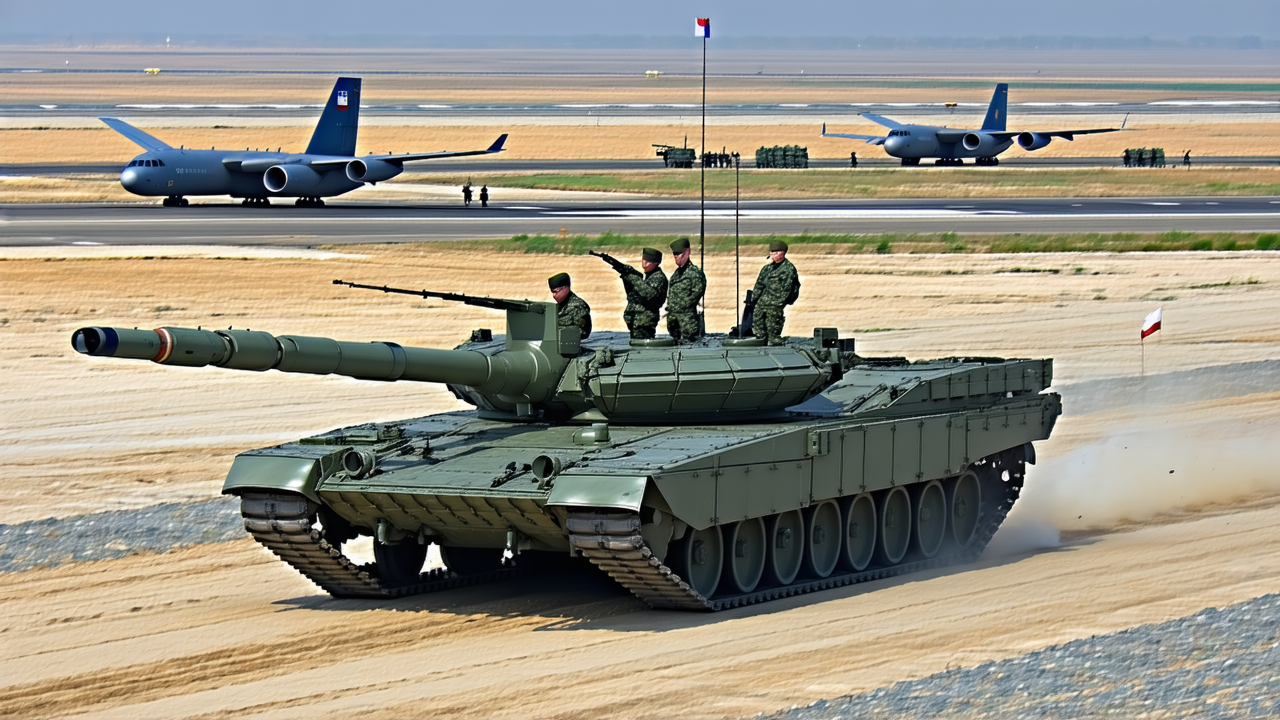US and Russia Withdraw from the INF Treaty: The Shift in the Intermediate-Range Missile Game and the Transformation of the Global Security Landscape
The United States withdrew from the INF Treaty in 2019, while Russia officially announced on August 4, 2025, that it would no longer be bound by the treaty. This series of actions reflects a significant shift in the military strategies of the US and Russia, and has raised global concerns about arms races and regional security.
The US withdrawal from the INF Treaty was not only a response to Russia's breach of the treaty but was also linked to its strategic focus shifting toward Asia. The US has deployed intermediate- and long-range missiles in Asian regions such as the Philippines and Australia, aiming to counter China's rise and ensure its military presence in the Indo-Pacific region. In contrast, Russia has countered the US and its allies by deploying the "Zhihu" hypersonic missiles and establishing missile bases in Belarus.
The deployment of missiles by the US in Asia poses a direct threat to China. For example, the US deployment of the "Tiamat" intermediate-range missile system in the Philippines, which has a range that can cover the Taiwan Strait, China's eastern theater, and the southeastern coastal regions. This will force China to reassess its military defense strategy and may accelerate the development of its missile technology, such as the new intermediate-range missiles, including the Dongfeng-25, Dongfeng-26, and Dongfeng-27.
Russia's actions may also have a profound impact on Sino-US relations. Russia's strategic cooperation with China has deepened during the Russia-Ukraine conflict, making China a major ally of Russia in international affairs. Russia's withdrawal from the INF Treaty and its enhanced military cooperation with China may further promote joint military actions between China and Russia and counter the US missile deployments.
In the future, the missile game between the US, Russia, and China is likely to intensify further, and the global security landscape may undergo significant changes as a result. Whether China will choose to confront the US missile threat or continue to maintain restraint with the support of Russia will be a key issue in future international relations.
